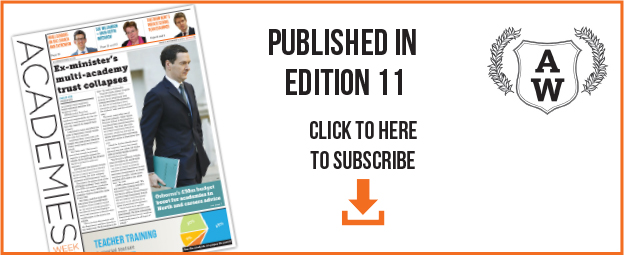As a Chinese person who has experienced elementary to postgraduate education in China and now researches education in a British institution, I always like to engage in discussions on different education systems – and this book is a great place to do that.
The author, Yong Zhao, was raised and educated in mainland China too. He taught English at secondary and university level there for six years before pursuing his career as an educational researcher in the US. His experience with the Chinese and American education systems gives him the cross-cultural perspectives necessary for this book.
It was written in response to the western envy of China’s top PISA results, and an eagerness to learn from China’s education system. PISA is short for “Programme for International Student Assessment”, a project conducted by the Organisation for Economic and Cooperative Development (OECD) comparing 15-year-old’s test performances on maths, science and reading across a number of countries.
Right from the start, Zhao makes his viewpoint clear that China’s top-ranking PISA scores should not be mistaken as evidence of the superiority of its education system. Rather, these high scores are results of an authoritarian system that preps students to pass exams, suppresses individuality and is unable to foster creativity and diversity. Zhao asserts that the western education systems are known for their strength in cultivating individuality, diversity and innovation, features essential for individual and nation success in the modern world; by no means should the western world copy China.
Zhao then delves into the history of China from the 18th century to the present, arguing that the authoritarian political and educational systems caused it to lag behind the western world until fairly recently. He claims that China’s education system today is still essentially the same as it was 200 years ago, when it was proven to be a failure during China’s defeat by the western world. However, I feel it is a bit extreme to make such claims, because China’s education system has been evolving under various influences, at least in the past few decades. MORE!
Chapter 5 touches on academic plagiarism and the quality issue of patents and research publications in China, questioning the country’s capacity for innovation. Finally, chapters 6 and 7 discuss problems with the contemporary Chinese education system. Some of the persisting problems (or in Zhao’s word “witches”) that cannot be solved include exam-oriented teaching, excessive academic load and corruption in college admission processes. The root of all these problems, he says, is the authoritarian system and the government’s “monopoly on curriculum and assessment”.
I agree that PISA results should not be used to rank different education systems. The West, especially the UK, should not feel so threatened by Chinese students surpassing their own in PISA, as these scores and rankings might just be meaningless. Plus, since education systems differ greatly from culture to culture, how can you rank them according to any simple set of criteria?
At the same time, I feel Zhao has painted a rather pessimistic picture about China’s education, stressing its various weaknesses as if it has nothing good to offer. One of my western colleagues argues that the system works in a country where educational resources are limited and teachers face classes of more than 50 or 60 pupils. To make pedagogies aimed at fostering creativity and diversity work in this type of context is extremely challenging. So maybe the Chinese system is horses for courses?
Also, as we often read about students of Asian heritage outperforming other students academically (at least in the American context), maybe the Asian belief in education isn’t an “illusion” of westerners? If China is actively learning from the western system, what is wrong in thinking about what could be learned from China.













Your thoughts